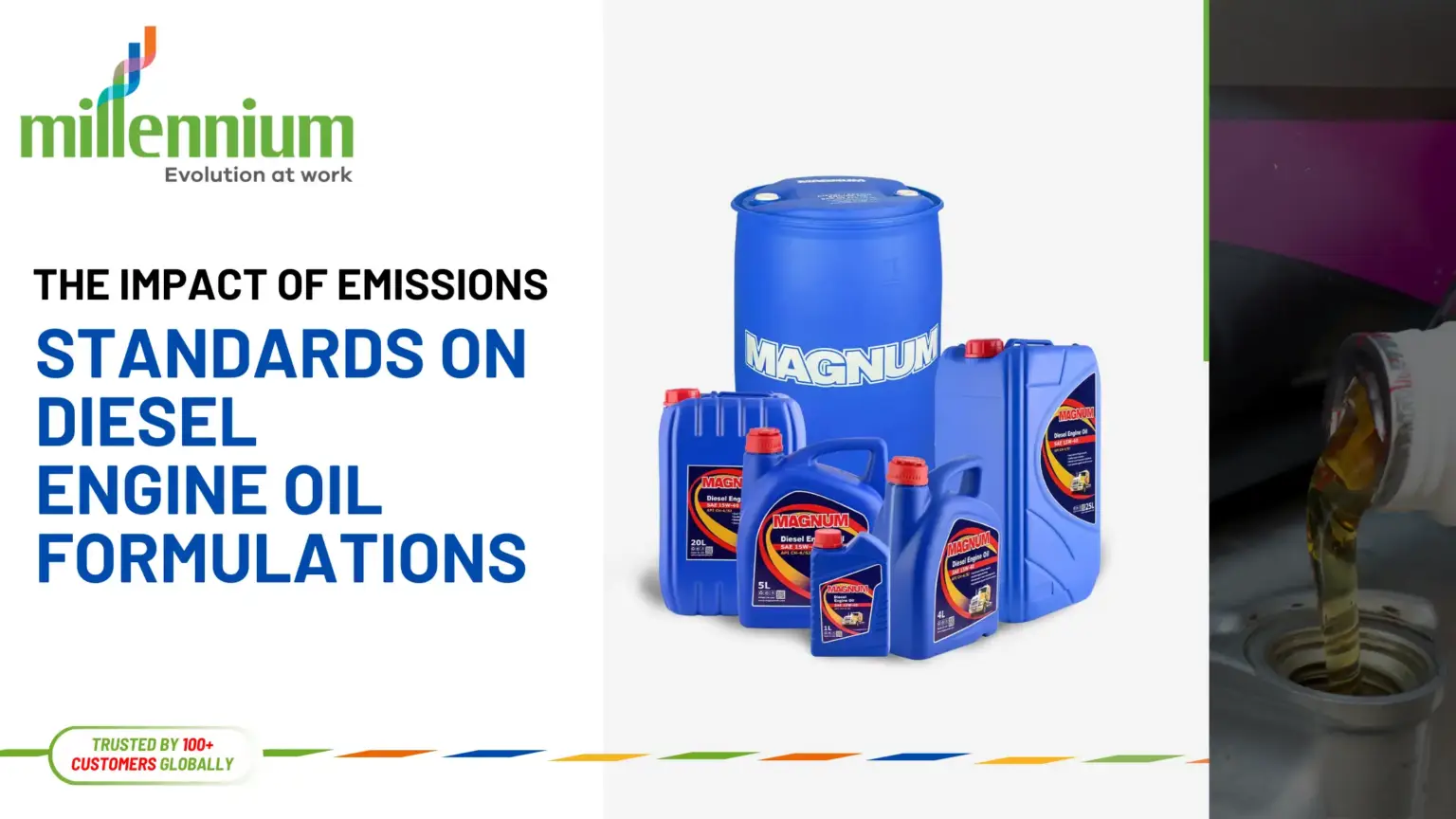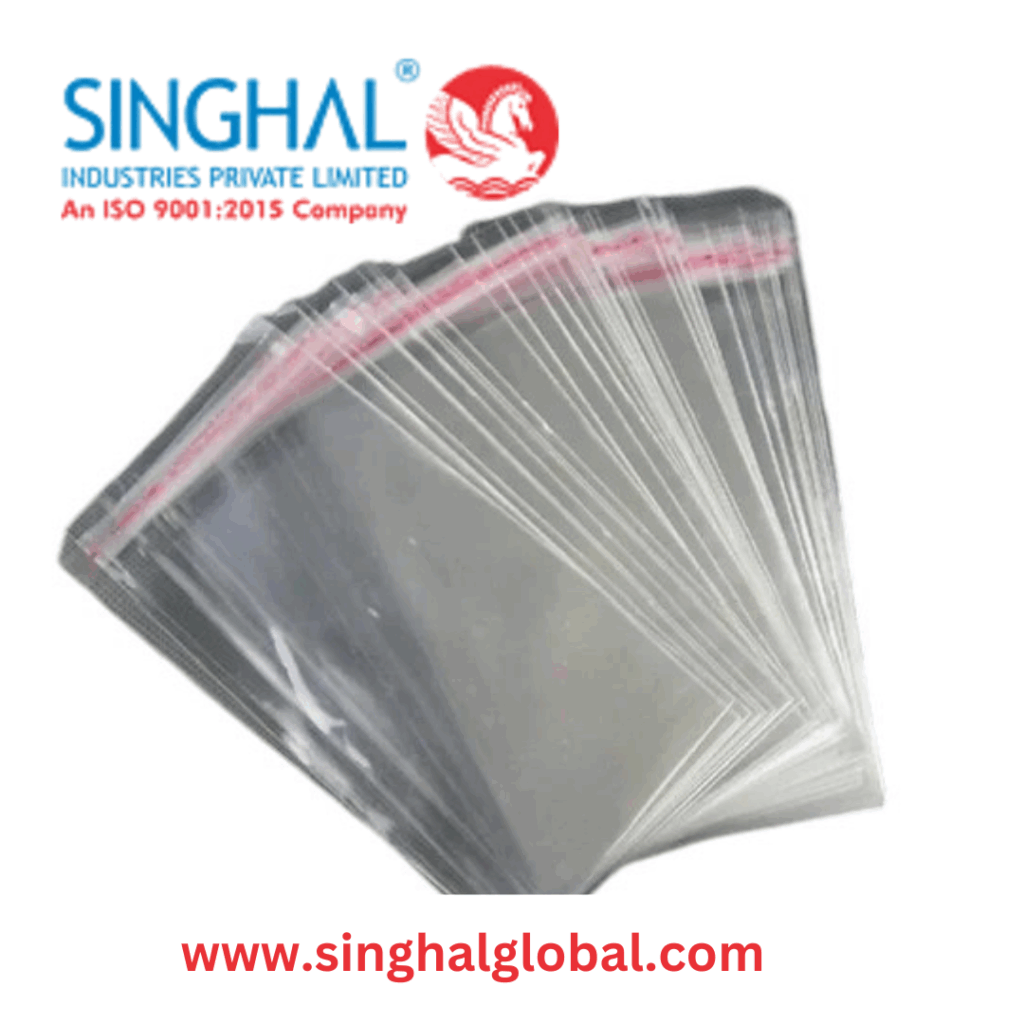Diesel engines have long been a staple in industries ranging from transportation to construction due to their durability and efficiency. However, as environmental concerns have grown, so has the need to regulate the emissions produced by these engines. Stricter emissions standards have been introduced globally to reduce the harmful pollutants diesel engines release into the atmosphere. These regulations have had a direct impact not only on engine design but also on the formulations of diesel engine oils. This article explores how diesel engine oils have evolved in response to changing emissions standards and how these changes help engines meet regulatory requirements without sacrificing performance.
Understanding Diesel Engine Oils
Diesel engine oils serve several critical functions, the most important of which is to lubricate engine components and reduce friction. By creating a protective film between moving parts, diesel engine oils minimize wear and tear, ensuring the engine operates smoothly even under demanding conditions. Additionally, these oils help to dissipate heat, control contaminants, and prevent the buildup of harmful deposits in the engine.
Formulations for diesel engine oils are complex, with a blend of base oils and additives designed to improve performance. These additives typically include anti-wear agents, detergents, dispersants, and antioxidants, all of which enhance the oil’s ability to protect the engine. As emissions standards have evolved, so too have these formulations, with new additives being developed to support cleaner engine operation and reduce the environmental impact of diesel engines.
The Evolution of Emissions Standards
Over the past few decades, emissions standards for diesel engines have become increasingly stringent. These regulations aim to reduce the output of harmful pollutants such as nitrogen oxides (NOx), particulate matter (PM), and sulfur compounds, all of which contribute to air pollution and health problems. In the United States, the Environmental Protection Agency (EPA) has implemented a series of regulations known as the Tier standards, with Tier 4 being the most recent and strictest for off-road diesel engines. In Europe, the Euro standards serve a similar purpose, with Euro VI being the current standard for on-road vehicles.
To comply with these standards, diesel engine manufacturers have had to make significant changes to engine design, including the introduction of exhaust after-treatment systems like Diesel Particulate Filters (DPFs) and Selective Catalytic Reduction (SCR) systems. While these technologies have helped reduce emissions, they have also placed new demands on diesel engine oils, necessitating changes in oil formulations.
Impact on Diesel Engine Oil Formulations
The introduction of more stringent emissions standards has directly impacted the way diesel engine oils are formulated. One of the most significant changes is the need for oils to be compatible with modern emissions control systems, particularly DPFs. These filters are designed to trap particulate matter from the engine’s exhaust gases, but they are highly sensitive to the presence of certain oil additives, particularly those containing high levels of sulfated ash, phosphorus, and sulfur (SAPS).
To address this, oil manufacturers have developed low-SAPS formulations that minimize the risk of DPF clogging and extend the life of these emissions control devices. These oils still provide the necessary lubrication and protection for engine components but with reduced levels of harmful additives that could interfere with the emissions control systems.
Another impact of engine oil on emissions formulations is the need to reduce engine deposits and improve engine cleanliness. Stricter regulations have pushed diesel engines to run hotter and at higher pressures, leading to an increased likelihood of carbon buildup and sludge formation. Modern diesel engine oils contain advanced detergents and dispersants that help prevent the buildup of these deposits, ensuring that the engine remains clean and continues to operate efficiently.
Additionally, emissions standards have led to the development of oils with improved oxidation stability. As engines run hotter, the oil is exposed to higher temperatures, increasing the risk of oxidation, which can cause the oil to thicken and lose its effectiveness. New formulations are designed to resist oxidation, maintaining their protective qualities for longer periods and allowing for extended oil drain intervals, which is especially important for modern diesel engines.
Adapting to Changing Standards
As emissions standards continue to evolve, diesel engine oil formulations will need to adapt accordingly. Future regulations are likely to impose even stricter limits on NOx and particulate matter emissions, which will require further innovations in engine design and oil formulations. One area of focus will be the continued development of low-SAPS oils that can provide the necessary protection while remaining compatible with the latest emissions control technologies.
Another area of development will be oils designed for hybrid and alternative fuel diesel engines, which are becoming more prevalent as industries look for ways to reduce their carbon footprint. These engines have unique lubrication needs, and oil formulations will need to evolve to meet these requirements while still providing the robust protection that diesel engines demand.
Oil manufacturers are also likely to place a greater emphasis on fuel economy. As emissions standards push diesel engines to become more efficient, the role of engine oil in improving fuel efficiency will become even more critical. Advanced formulations that reduce friction and enhance combustion efficiency will be key to helping diesel engines meet both emissions and fuel economy targets.
Conclusion
The tightening of emissions standards has had a profound impact on diesel engine oil formulations. As diesel engines have evolved to meet these regulations, engine oils have had to adapt to ensure compatibility with modern emissions control systems, prevent engine deposits, and withstand higher operating temperatures. Low-SAPS formulations, improved oxidation stability, and advanced detergents are just some of the innovations that have emerged as a result. As emissions standards continue to evolve, diesel engine oils will need to keep pace, ensuring that engines can operate efficiently and cleanly without sacrificing performance or longevity.









